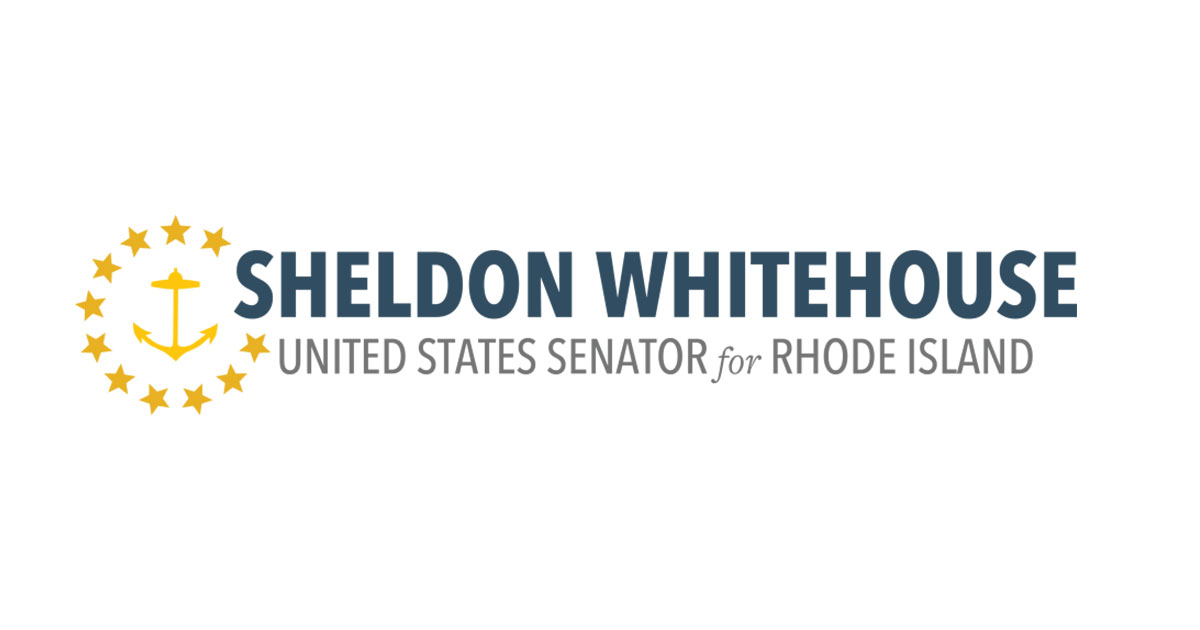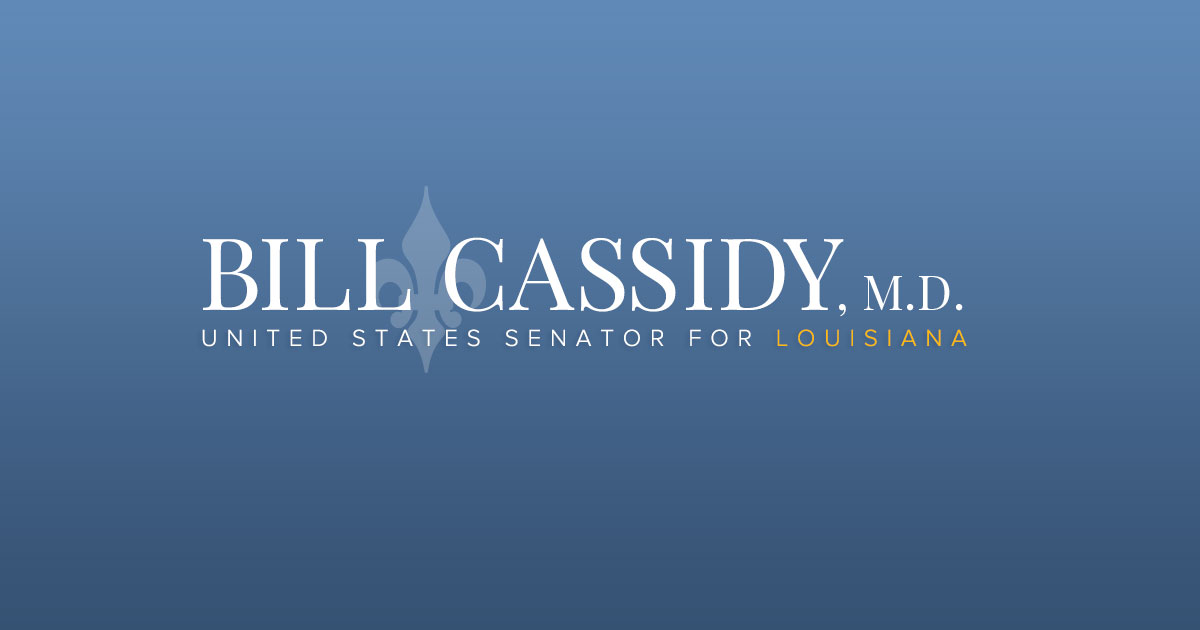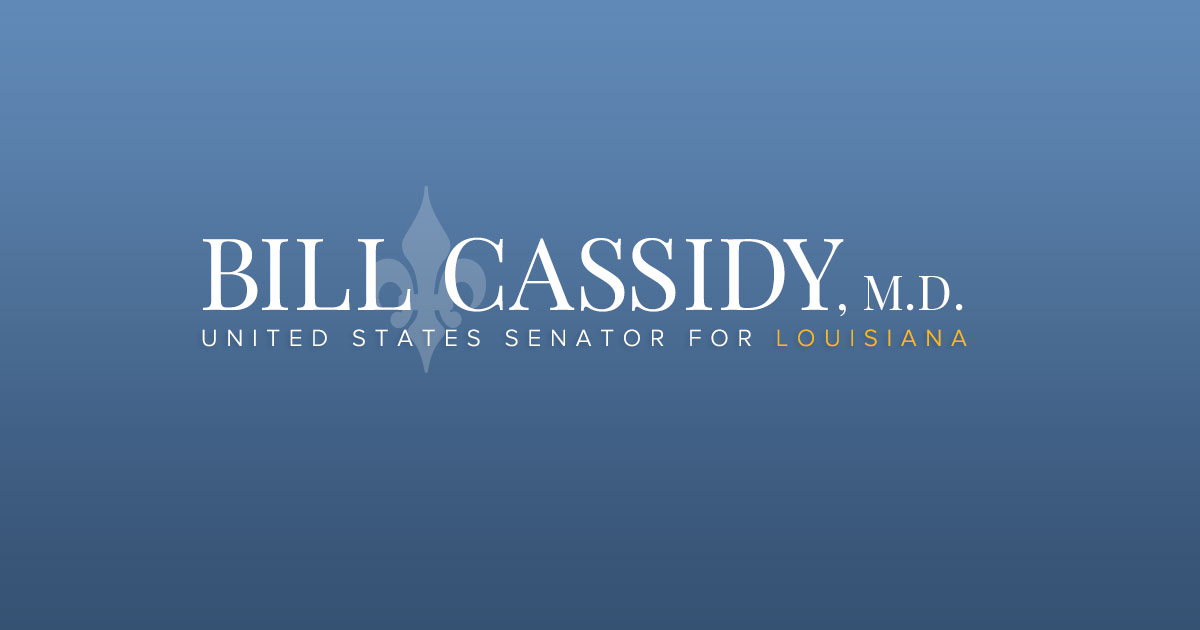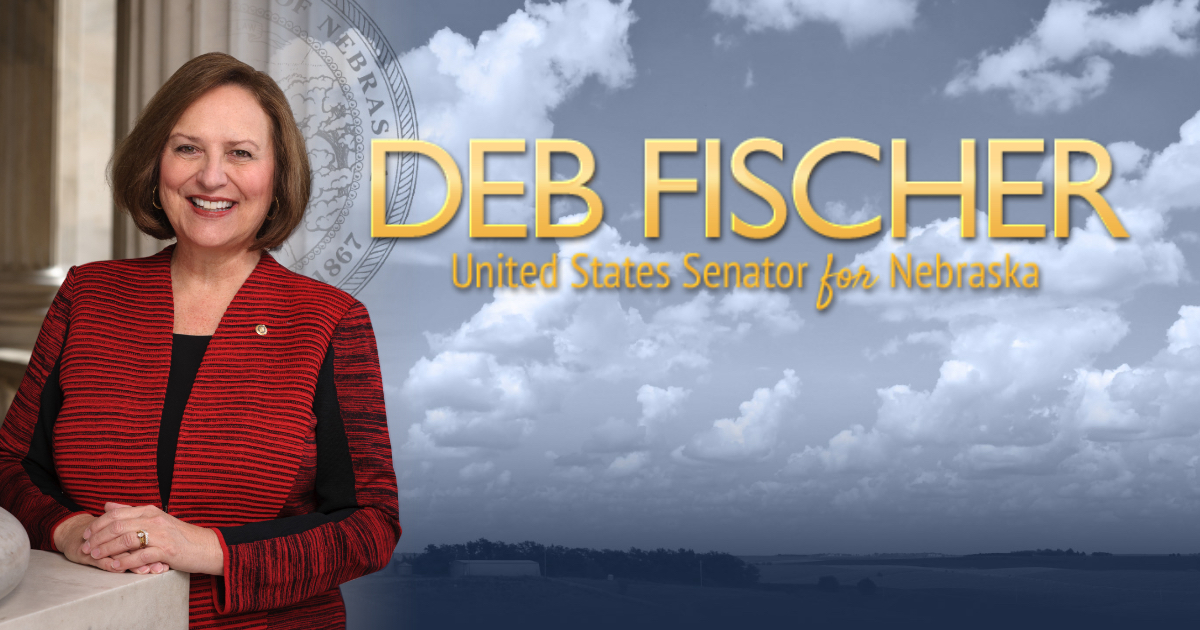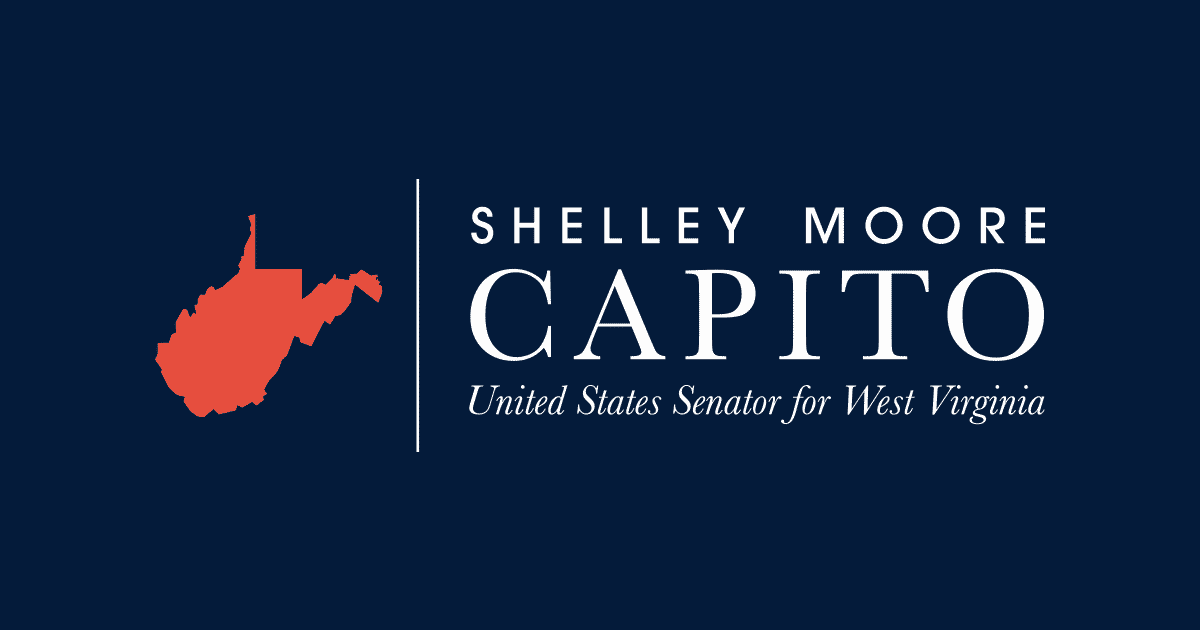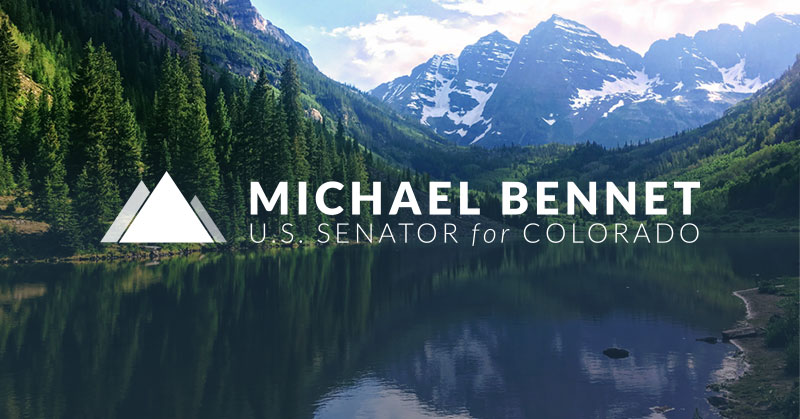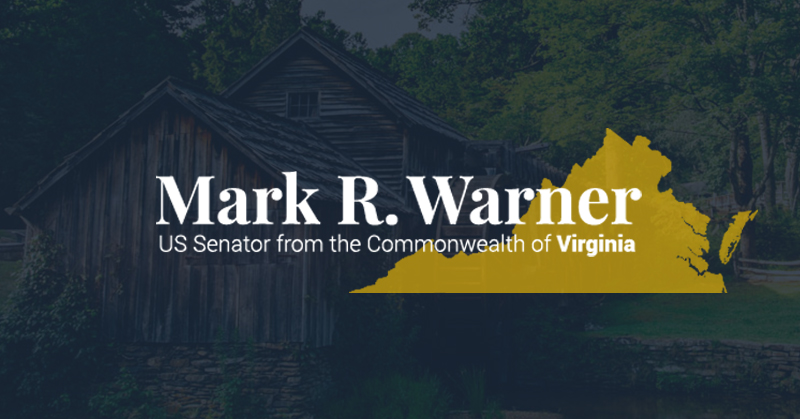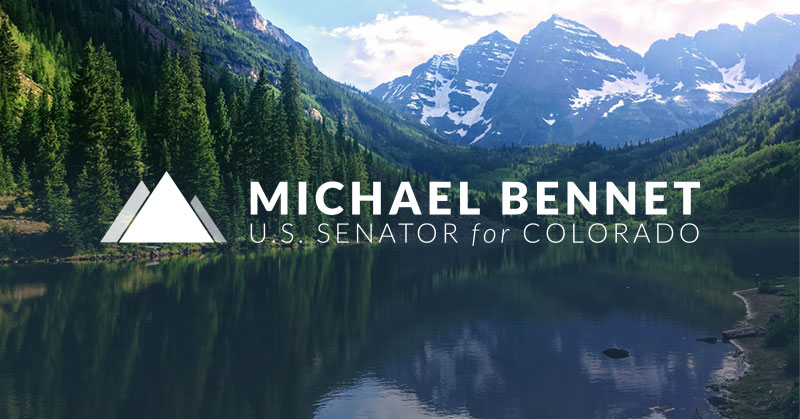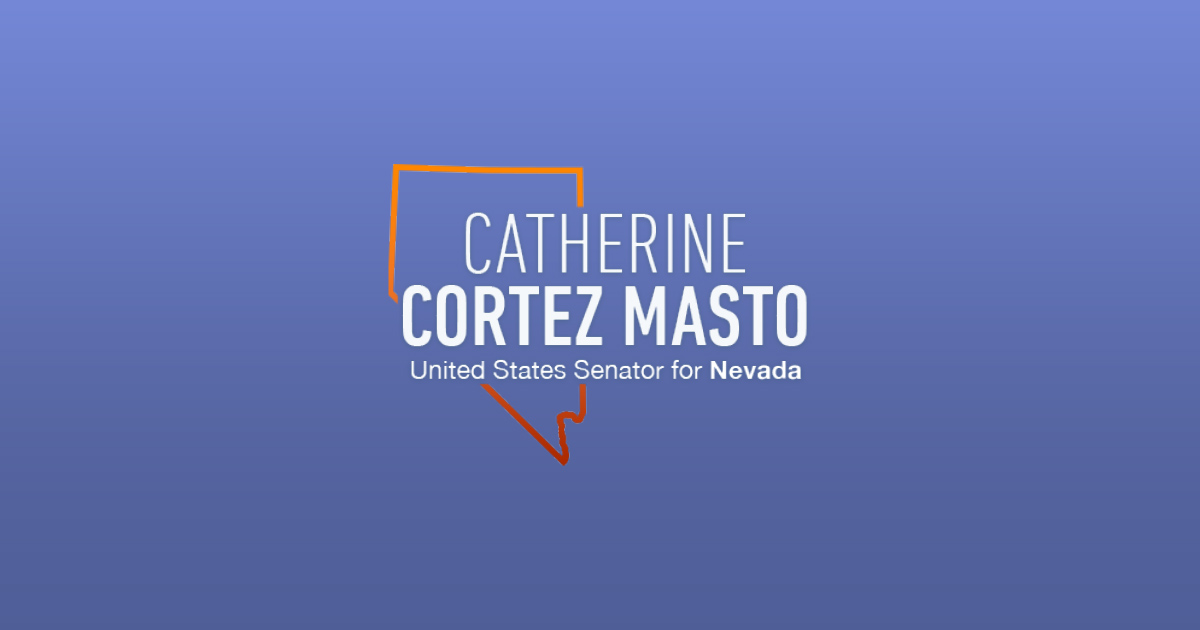Source: United States Senator for Colorado Michael Bennet
Washington, D.C. – Today, Colorado U.S. Senator Michael Bennet, alongside U.S. Senators Roger Marshall (R-Kan.), Tammy Baldwin (D-Wis.), and Jerry Moran (R-Kan.), introduced the Innovative Feed Enhancement and Economic Development (FEED) Act of 2023. This bipartisan legislation would establish a new pathway at the U.S. Food and Drug Administration (FDA) to approve novel feed additives that increase livestock efficiency and production while reducing enteric methane emissions.
“While producers in Europe and South America are using innovative feed additives to stay competitive, bureaucratic red tape has left America’s cattlemen and dairy farmers without any options. We need to create a level playing field for Colorado’s livestock industry by giving them every available tool to reduce greenhouse gas emissions and improve the sustainability of their farms and ranches, while ensuring health and safety,” said Bennet.
“The agricultural industry sets the gold standard when it comes to livestock production,” Marshall said. “My producers at home continue to want to make more with less and leave the world safer, cleaner, and healthier than they found it. Since the feed industry doesn’t have a pathway to bring certain feed products to market, innovation that could be happening here is instead happening with our competitors abroad. I thank Senators Baldwin, Moran, and Bennet for working with me to develop a bipartisan solution that will bring new products to America’s ranchers.”
“It’s critical that our farmers across the nation have the tools they are looking for to cut emissions, achieve their climate goals, and keep our nation fed,” said Baldwin. “We know that there are innovative feed products that can help farmers reduce their environmental impact, but onerous bureaucratic processes are getting in the way of these products making it to our agriculture community in a timely way. Our bipartisan legislation will help our farmers access the innovative products they need to reach their climate goals, compete on the world stage with producers who already have these food additive tools, and support our rural economies.”
“This legislation will help bolster the animal feed industry and make certain producers in Kansas and across the country have access to feed additives that will support animal nutrition,” said Moran. “By expanding research and reducing bureaucratic hurdles at the FDA, more of these products will be available to farmers, encouraging a stronger food supply chain.”
American farmers and ranchers rely on feed additives to improve the quality and efficiency of meat and dairy. But while global competitors have worked to update their policies to bring new safe and effective additives to market, outdated and one-size-fits-all processes at the FDA hinder their advancement and use by American producers. Last year, the agency held a virtual listening session on how to modernize its policies to make way for innovative feed additives.
Building on this effort, the Innovative FEED Act would modernize the approval process by establishing a new pathway for manufacturers to receive approval for feed additives that improve efficiency in meat and dairy production while also reducing byproducts. The legislation also establishes strict guardrails to ensure only qualifying products are eligible for this pathway while also ensuring products are safe to use.
Statements of Support
“The National Grain and Feed Association (NGFA) commends Senators Marshall, Baldwin, Moran, and Bennet for introducing the Innovative Feed Enhancement and Economic Development (FEED) Act, which will modernize the Federal Food, Drug, and Cosmetic Act to enable innovative products to reach the market and advance improvements in food safety. We strongly endorse this bill that would promote the availability of animal food products with novel benefits, such as improving the environment and reducing human foodborne illness,” said David Fairfield, Senior Vice President, NGFA.
“Our industry is bringing forward innovative animal food solutions to benefit animal health, human food safety and the environment, and now, thanks to the leadership of several Senate leaders, we have the legislative solution needed to provide a modernized regulatory pathway to meet marketplace demands. We fully support the Innovative Feed Enhancement and Economic Development Act, and hope Congress will quickly approve this bill, giving our farmers and ranchers the tools they need and putting our international counterparts on notice that we are fully equipped to compete in the future,” said American Feed Industry Association President and CEO, Constance Cullman.
“We commend Senators Roger Marshall, Tammy Baldwin, Jerry Moran, and Michael Bennet for their bipartisan Innovative FEED Act of 2023 to modernize the Food and Drug Administration’s regulatory framework for approving animal feed ingredients. U.S. dairy farmers benefit from access to safe and effective feed additives as they continue to innovate on multiple fronts, including bolstering their ongoing voluntary, producer-led sustainability efforts. The bipartisan initiative led by Senators Marshall, Baldwin, Moran, and Bennet will help them do just that, and we look forward to working with them to enact their bill into law,” said Jim Mulhern, President and CEO, National Milk Producers Federation.
“On behalf of America’s farmer co-ops and their member-owners, I would like to thank Senators Marshall, Baldwin, Bennet, and Moran for their leadership in introducing the Innovative FEED Act today. This bill will modernize the animal feed regulatory structure to help bring innovative new feed additives to market that can reduce methane emissions from livestock and help address the pressing issue of climate change. This will help get new products into the hands of producers and bring certainty to companies looking to invest in this sector,” said Chuck Conner, president and CEO of the National Council of Farmer Cooperatives.
The text of the bill is available HERE.
